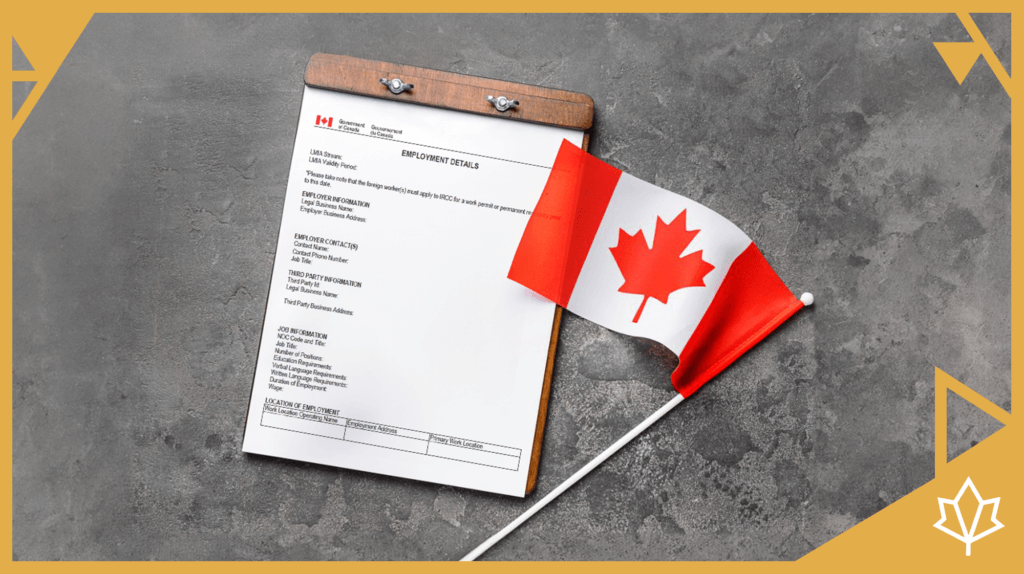
Northwest Territories Nominee Program adds a third intake window; eligibility changes in effect through year-end
The Northwest Territories (NWT) has announced a third application intake window for its Nominee Program (NTNP), running from November 10, 2025 at 9:00 a.m. to November 24, 2025. To complete the 2025 target of 300 nominations, the territory plans to process up to 103 additional eligible applications by year-end and has introduced temporary eligibility adjustments: removal of the work-permit expiry-date restriction, reinstatement of certain 2024 work-experience requirements, and elimination of employer submission caps tied to company size. Applications will be prioritized for candidates whose work permits expire within the next three months, followed by filing date order; if processing exceeds capacity or cannot be finalized by December 23, applications will be withdrawn, with the option to reapply in 2026.
11/10/2025

Northwest Territories Restores 2025 Nominee Quota to 2024 Levels, Allowing Up to 300 Nominations
The Government of the Northwest Territories (NWT) has announced that its 2025 Northwest Territories Nominee Program (NTNP) allocation has been restored to 2024 levels following federal approval. The total quota will rise to 300, up significantly from 197 earlier this year. Minister of Education, Culture, and Employment Caitlin Cleveland stated that preparations are underway for the next NTNP intake period, which will open additional pathways for skilled workers to obtain provincial nomination. This adjustment makes the NWT the first jurisdiction in 2025 to regain its pre-reduction quota, marking a key milestone in the territory’s ongoing efforts to address critical labor shortages through immigration.
10/21/2025

Saskatchewan Receives Increased Immigration Allocation, Creating New Opportunities for Priority Sectors
The Canadian province of Saskatchewan has announced that its 2025 Provincial Nominee Program (SINP) has received an additional 1,136 nominations from the federal government, bringing its total annual allocation to 4,761. This adjustment reopens application pathways for several sectors that were previously paused due to reaching their caps. Against a backdrop of diverging immigration allocation trends across Canada, this development in Saskatchewan, along with increases in several other provinces, highlights the complex and evolving landscape of federal and provincial immigration policies.
08/29/2025

BC Entrepreneur Immigration: New Round of Invitations Emphasizes Regional and Base Streams, Highlighting Investment Attraction
The British Columbia Provincial Nominee Program (BC PNP) issued new invitations to Entrepreneur Immigration applicants on May 28. A total of no more than 14 Invitations to Apply (ITAs) were issued across the Entrepreneur Immigration (EI) Regional and Base streams, with varying cut-off scores. Notably, compared to its skills immigration streams, BC's Entrepreneur Immigration program has maintained significant invitation frequency and stability in 2025, underscoring the province's continued focus on attracting business investment and promoting economic development.
06/05/2025

Major Overhaul of Canada's "Maintained Status" Immigration Rules Affects Multiple Applicants
Immigration, Refugees and Citizenship Canada (IRCC) recently announced significant revisions to the "Maintained Status" provisions for temporary residents, effective May 28, 2025. The new rules specify that if a temporary resident's initial extension application, submitted while on maintained status, is refused, a subsequent application filed after the expiry of their original permit will no longer automatically allow them to maintain legal status in Canada. This change has profound implications for temporary residents submitting multiple extension applications and requires close attention.
06/05/2025

Unlocking the Career Door for International Students in Canada: Essential Guide to Applying for the Post-Graduation Work Permit (PGWP)
For many international students aspiring to work and settle in Canada, obtaining a Post-Graduation Work Permit (PGWP) is a crucial first step. Immigration, Refugees and Citizenship Canada (IRCC) clearly states that PGWP eligibility hinges on studying at a qualified Designated Learning Institution (DLI) and enrolling in a PGWP-eligible program. Notably, beginning November 1, 2024, graduates at certain study levels will face new language proficiency and field of study restrictions. This report provides a detailed interpretation of IRCC's relevant regulations, guiding international students on how to choose schools and programs correctly to ensure successful PGWP acquisition.
05/12/2025

2025 Canada International Student Transfer Policy: Comprehensive Analysis
Starting in 2025, Immigration, Refugees, and Citizenship Canada (IRCC) has introduced a series of new regulations for international student transfers, clarifying situations that require reapplication for study permits and outlining how to maintain eligibility for PGWP after transferring. Notably, IRCC has also implemented temporary transition measures for students transferring between January and May 2025, allowing them to start at their new institution before the new permit is approved. This report provides an in-depth analysis of application requirements, procedures, fees, and PGWP considerations.
01/17/2025

2024 Canadian Immigration Policy Review — Changes to LMIA-Exempt Work Permits
In 2024, the Canadian federal government introduced several adjustments to its Labour Market Impact Assessment (LMIA)-exempt work permit policies. These changes encompass Spousal Open Work Permits (SOWP), New work permit for PNP nominee candidates, Updated instructions regarding ICTs under the IMP and more, aimed at optimizing immigration structures and managing the proportion of temporary residents. Below is a professional analysis of the key policy changes and their implications.
01/13/2025

Early Childhood Education, Child Development, and Other Education-Related Programs Included in the Post-Graduation Work Permit (PGWP) Eligibility
The Immigration, Refugees, and Citizenship Canada (IRCC) recently announced an expansion of the Post-Graduation Work Permit (PGWP) eligible programs, adding several new education-related fields. This adjustment provides international students with more opportunities for employment and immigration in Canada and supports the long-term labor market needs of the country.
01/08/2025

International Students at the University of Waterloo Outearn Domestic Graduates, Leading Employment Success
A recent study revealed that international students at the University of Waterloo earn significantly higher average salaries after graduation compared to domestic students. These earnings surpass not only their peers at the university but also the national average. The study attributes this success to degrees in technology and engineering and the university’s robust co-op program. Furthermore, approximately 70% of international students choose to become permanent residents, highlighting their recognition of opportunities for long-term development in Canada.
12/13/2024